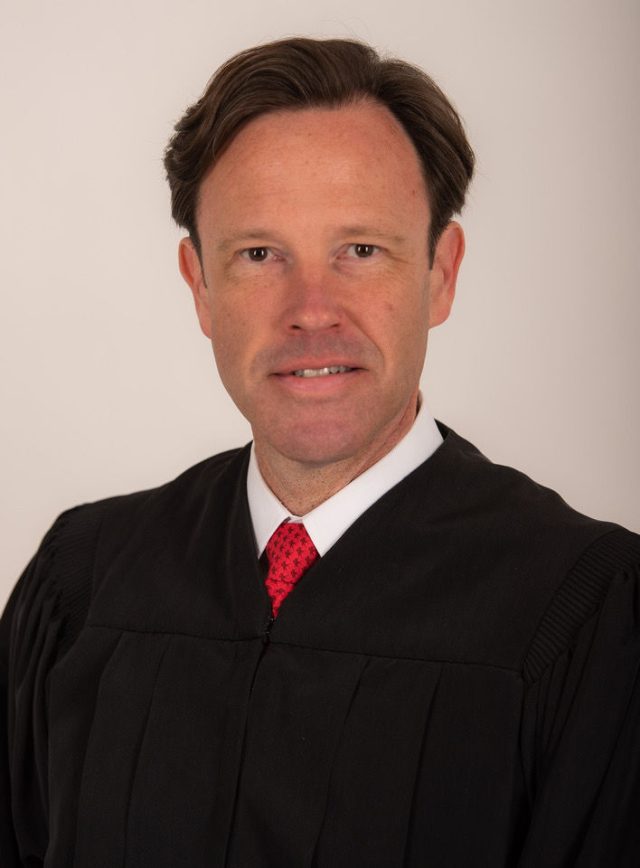WKU Faculty Senate favors tobacco-free campus
Published 12:00 am Friday, December 17, 2010
The Western Kentucky University Faculty Senate endorses a tobacco-free campus, even though a few Senate members oppose such a movement.
The faculty voted Thursday 22-13 in favor of supporting a resolution for a tobacco-free campus by 2012 – something other universities, including the University of Kentucky and the University of Louisville, have imposed.
According to an online survey, 71 percent of students, faculty and staff favor a tobacco ban. About 400 faculty members and 2,000 students took the survey, said Eric Reed, chairman of the Faculty Welfare and Responsibility Committee and a history professor.
Some supported a tobacco-free campus by arguing that other campuses have enforced such policies, that it will benefit faculty and students’ health and raise WKU’s status as a healthy campus.
Others argued that a tobacco ban could cause a decrease in enrollment, while proponents argued that students would not make such a decision based on a tobacco policy – if they do, supporters of the policy said, then WKU has bigger problems.
But some said the university would be overstepping its bounds by banning tobacco in public, outdoor spaces. It’s not the university’s place to ban individual rights, and it would possibly hinder students’ college experience, they said. Students don’t have time during 15-minute class breaks to travel off campus to smoke, and it would be an inconvenience for dormitory residents to venture away from campus every time they wanted to smoke, they said.
“I’m strongly opposed to prohibiting public smoking in public spaces outside,” said Randy Kinnersley, an accounting professor. “I don’t want us to legislate some type of moral code on this campus in that regard.”
Opponents also argued it would be difficult, if not impossible, to fully enforce such a rule. Dorm residents must stand 30 feet away from the doors when smoking, and that’s already hard to enforce, some said.
Additionally, the proposed policy doesn’t just ban smoking, but all forms of tobacco. Therefore, it’s not just a public safety issue about secondhand smoke – it’s a personal health issue, and that can be a slippery slope for a public university. It could fall under the same category of legislating obesity and vending machines, some argued.
Other employees argued that vending machines have already been stripped from some secondary schools.
Employee benefits
Faculty members also passed a resolution requesting that the university contribute more money to its health care coverage. Currently, WKU falls below benchmarks set by other institutions, which puts the university at a competitive disadvantage, Reed said.
WKU’s contribution is around $418 for most plans. That’s about 70 percent to 80 percent of the average contribution among public universities and state employees, according to a document from the employee benefits advisory committee.
“Western is continually below the average benchmark,” he said. “It makes us noncompetitive” compared to other universities that offer better contributions.






